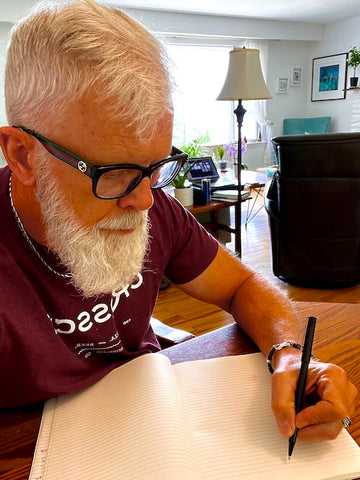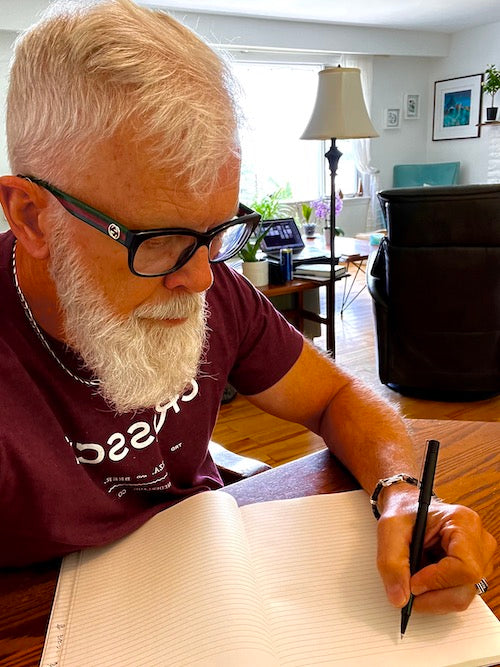What Is Spiritual Bypassing?
Spiritual bypassing was coined by John Welwood to describe a process he saw happening in the Buddhist community he was in.
So, yes, spiritual bypassing happens in all kinds of spiritual contexts not just religious ones or Christian ones.
It is now a commonly used term that describes attempts to use spirituality and spiritual practices to avoid facing and dealing with unpleasant emotions, experiences, and realities in order to feel good and avoid discomfort and painful truths. Although spiritual bypassing can be tempting it's important to know it doesn't work.
Over the years many experts have added to the conversation on spiritual bypassing. Psychologist Ingrid Clayton highlights that spiritual bypassing is like a sneaky way our minds protect us. She explains, "It's a bit like putting up a barrier to avoid facing reality, shutting off our emotions, and avoiding the bigger picture. It's more about escaping than facing things head-on, and the difference is so small that we usually don't even realize we're doing it."
It's important to note that spiritual bypassing is not limited to any particular community; rather, it can manifest wherever there's an emphasis on spiritual advancement without addressing the complexities of human experience.
Examples Of Spiritual Bypassing
- I’m Not Lonely. I Have Jesus.
- Pray Your Depression Away
- Everything Happens For A Reason
- I'm Just Being in the Present Moment
- I'm Focusing on the Light, Ignoring the Darkness
Why Spiritual Bypassing Is So Tempting
Spiritual Bypassing is tempting because it seems like an easy way to escape from pain.
But bypassing your emotions will never work. Experiencing our emotions and vulnerability is a fundamental part of our human experience.
Using spiritual bypassing is just a way of kicking the can down the road.
How To Heal From Spiritual Bypassing
Recovering from spiritual bypassing can vary greatly from person to person, depending on the specific kind of spiritual bypassing they went through and how deeply it affected them.
For those in religious groups who have suffered years of spiritual abuse., they might find themselves struggling to heal from religious trauma. The work of overcoming this takes time and will look different than those who experienced spiritual bypassing in yoga and mindfulness circles or toxic self-help movements.
Every flavour deserves focused attention to heal.
Here are a 3 ways to heal and confront your experience with spiritual bypassing regardless of the community you've experienced it in.
Admit That You Have Suffered From Spiritual Bypassing.
Just as with healing from spiritual abuse, admitting that it happened is the first step to recovery. Don’t deny or minimize or dismiss it. You must acknowledge that it happened and the effect it had on you.
Avoid labeling emotions as good or bad.
Understand that emotions arise naturally and aren't inherently labeled as positive or negative. Permit yourself to experience them without passing judgment, acknowledging that every emotion holds important insights into your inner condition.
Be Kind To Yourself.
When faced with an undesired feeling, your initial reaction might be self-criticism or avoidance. However, neither approach is effective. Instead, try to offer kindness to yourself for experiencing this emotion. Understand that it likely has a purpose. That purpose is for your healing and wholeness.
Start A Journal.
Socrates said it well in saying, "The unexamined life is not worth living". Journaling is a great tool for self-Awareness.
In journaling you will learn that you are a very complex person, deep and wise in your way, and even more compassionate because you are aware… aware of your surroundings and yourself.

(Me writing in my journal.)
Related Resources on Healing
Why Is It Important To Be Vulnerable?
The Power of Vulnerability for Healing Religious Trauma
Healing From Religious Trauma
Inner Child Healing After Deconstruction

